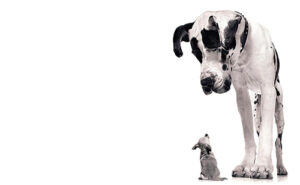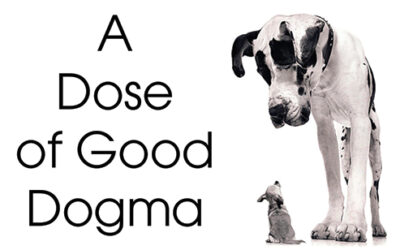By Lisa Ellman
Clients often ask me, “How long will it take to train my dog?” or “How many sessions do you think we’ll need?” These are questions I can’t answer. It doesn’t depend on me, or the dog for that matter. It depends on you, the dog owner. How much time are you willing/able to give to your training? The time that your dog spends with me, about an hour, or any trainer (not including board/train facilities) is trivial. My job is to train and educate you, the owner, and provide you the necessary tools for what to do with the other 23 hours you spend with your dog. I’ll give you homework, but if it’s not done, well, you know.
I like my clients to take into consideration that there are two types of training. I refer to them as “formal” and “informal”. Formal training includes setting aside time to teach physical, concrete commands, like stay, come, down, etc.
Informal training refers to the dynamics in every way you engage your dog throughout the day. Keep in mind that everything you do with your dog can be called training. This includes snuggle time or feeding time. You don’t want your dog chewing on you or pawing you when you snuggle. You don’t want your dog jumping on you as you attempt to put its feeding dish on the floor. You also may not want the dog in the kitchen with you, underfoot, as you prepare a meal. So rules and boundaries must be learned. This can be as simple as using “uh-uh!” to distract and redirect the dog, or using a body block to keep the dog from entering a room, or simply getting up and walking away when play gets too rough. I consider this informal training; it happens spontaneously as the dog is behaving in a way you want to change.
It’s still work, make no mistake, and requires your focus, but it can be fun! Training is a process because learning is a process. When you’re aware that every day, every minute, with your dog is a training opportunity, you are looking at the big picture. Which, in my opinion, is to ultimately bring forth a well socialized, attentive, happy, responsive dog.
To support either type of training, consider your dog’s learning style; be aware of what “drives” your dog to learn. Is it treats, praise, toys? All of these? Switch it up! These are all tools you can utilize to motivate and hold your dog’s attention when training, formally or informally. Does your dog need to run and play before training or after? Is your dog getting the exercise and activity it needs to be able to focus on learning? I like to use the analogy of kindergartners. They are a squirmy bunch with short attention spans. In all fairness, if they weren’t able to get out to run and play a few times a day, that pent up energy would be so distracting that it would be extremely difficult for them to focus, learn or retain any information being taught.
So, spend time on formal training, but remember to think about the big picture; the end result of time, consistency, activities and connecting every day with your dog.
Good Dogma has been helping dogs with people problems since 1996. Readers are invited to submit questions to gooddogma@hotmail.com. Contact information for all offered services can be found on our website www.GoodDogma.net



